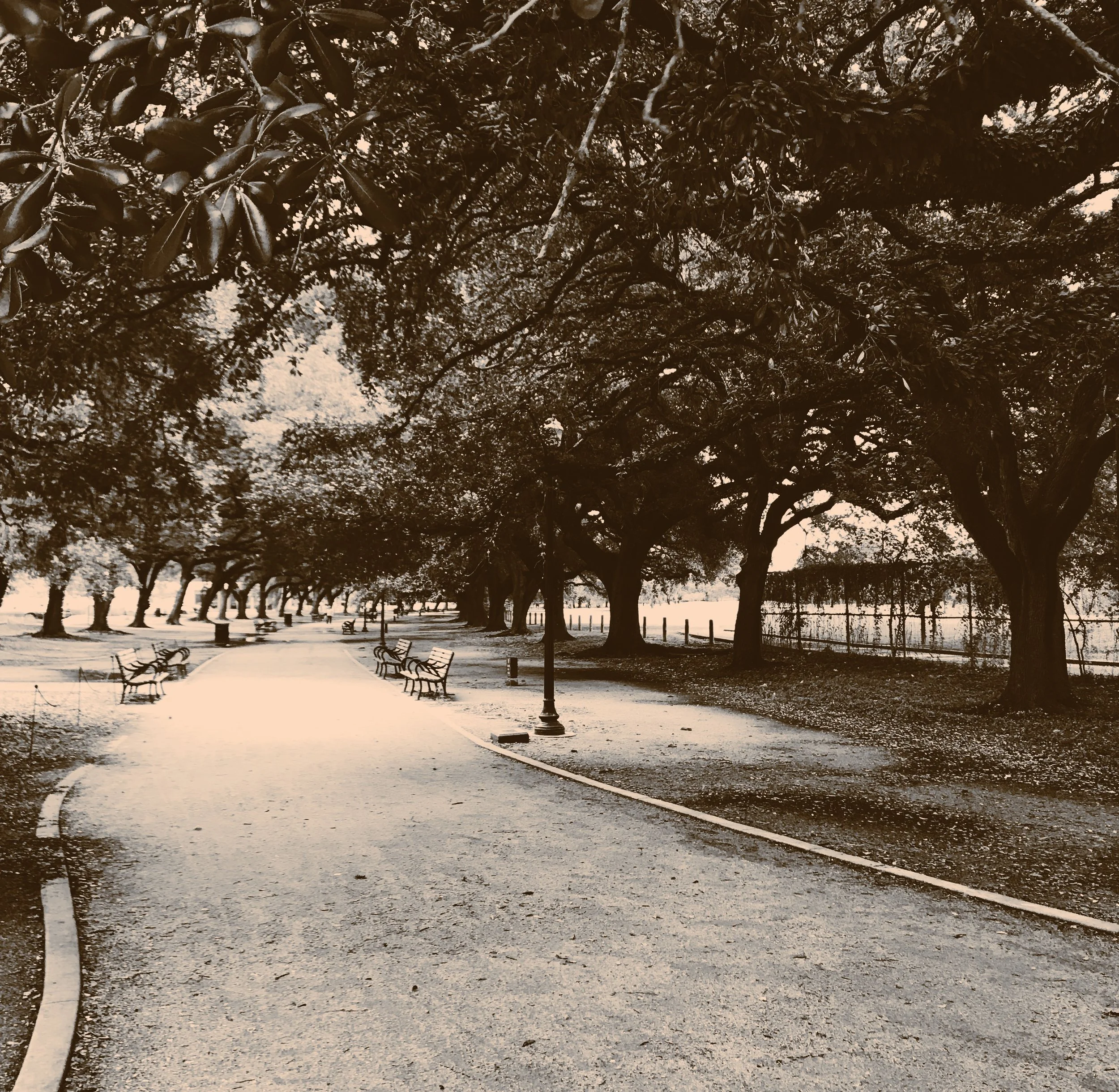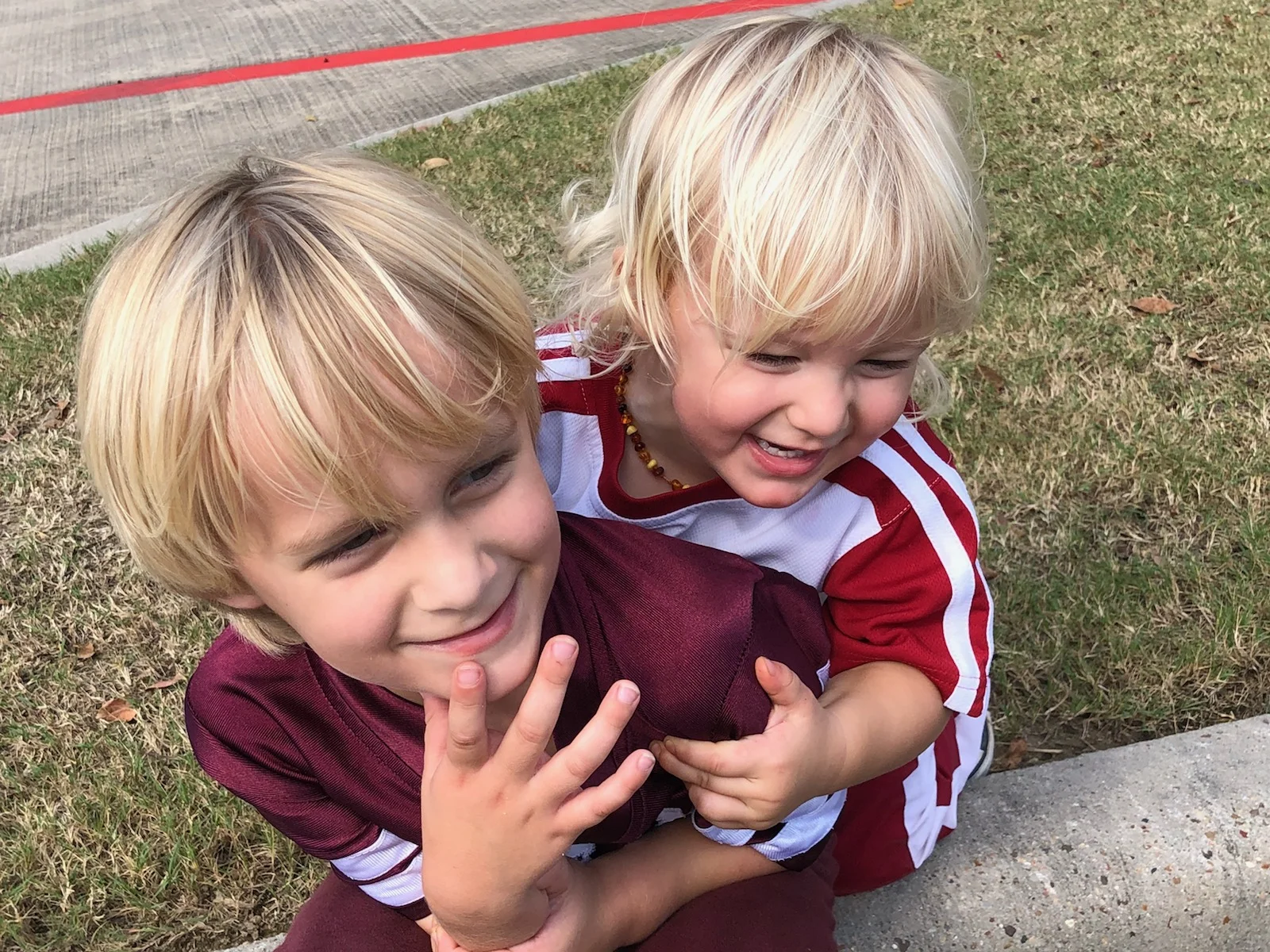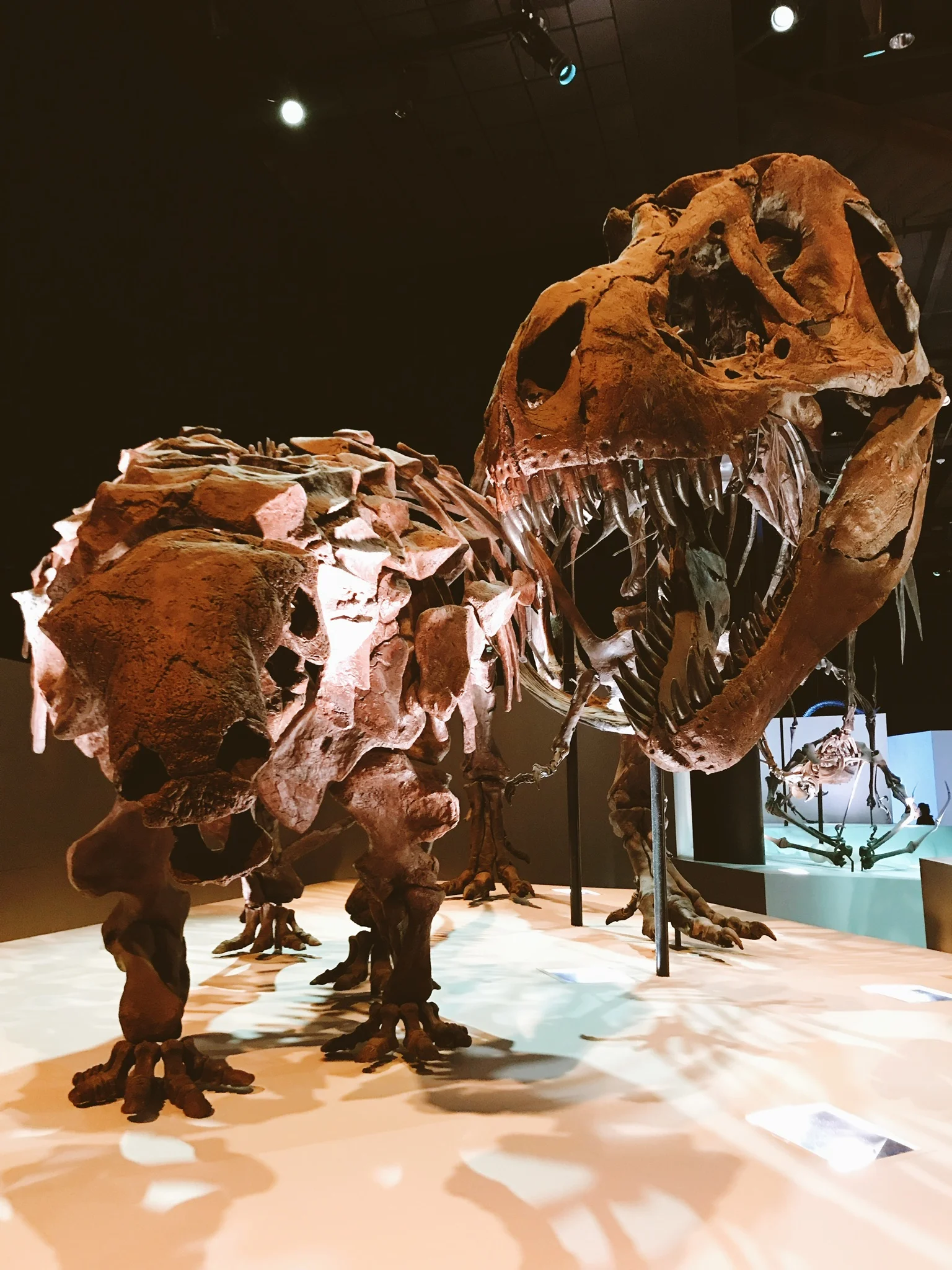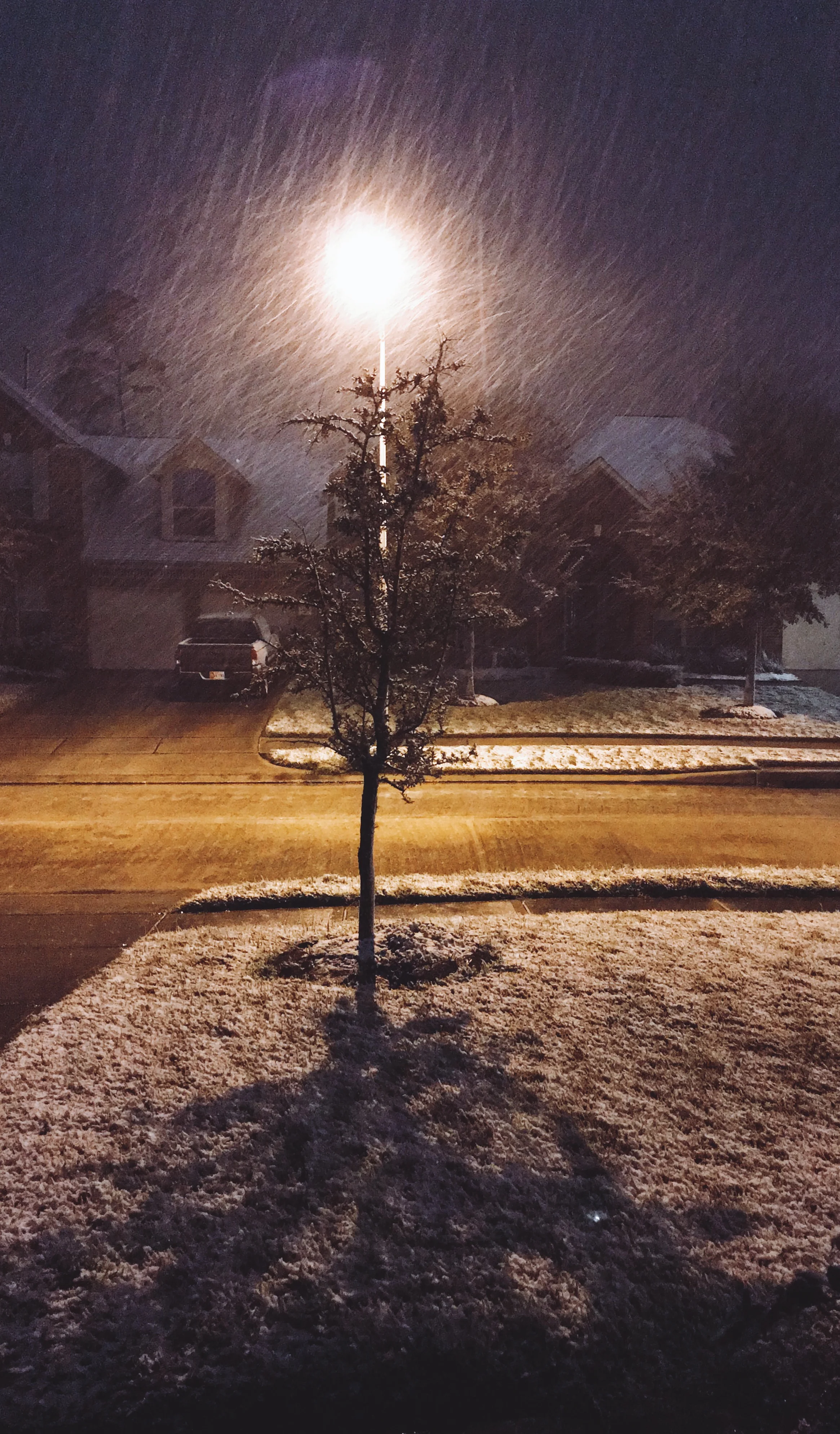The Apartment
When she wakes up in the morning it’s dark, and it feels like she is the only one alive. Outside her window, she can see trees with their branches that look like big, mottled thighs, and she can imagine them stomping around the city, flattening cars and bridges. Her apartment is quiet, but she can smell the heater turning on, filling the place with the smell of burnt toast or burnt hair. She goes for a run and lets her hair bounce around her face, lets it curl at her temples with sweat. The air outside smells cold and crisp and hurts her lungs in a way that makes her want to run forever. She can hear her heart in her footsteps and the sound of the world around her waking up and by the time she gets home, her side aches and her throat feels raw, like she has been sucking on something sharp.
Back in her apartment, she takes a shower and gets ready. She stares at the dark stain in the corner of the bathroom that has been there since she moved in. She can’t get rid of it, no matter how much bleach she pours on it. It looks like a bouquet of flowers, or an anatomical heart, or a man’s face screaming and screaming forever. When people come over, she likes to make up stories about how it got there. She tells them it’s the blood of the man who used to live there who was murdered by his girlfriend after he tried to dump her over the phone. Or, she tells them it’s the blood of the grandmother who used to live there who fell and smashed her head against the toilet and bled to death on the bathroom floor and that no one found her body for days. Or, she tells them it’s the blood from the dog she used to have that her next door neighbor shot one day because it was barking too much and how it died in her arms in that exact spot. She loves watching people stammer and stutter and slowly back out of the bathroom as if they don’t believe her, but also, as if they would rather get away from the spot just in case she is telling the truth. She’s become very good at making people uncomfortable.
Her apartment is overstuffed with furniture and she can’t move without banging her hip or her shin and she always has bruises that she can’t identify. Her apartment is also full of stacks of books and lemon candles and pillows in the shape of cats. There is a dead plant that lives in the living room next to the small picture frame filled with a picture of her dead boyfriend and her at the beach, smiling and shining in the sun. When she looks at it, she can remember the sand behind her knees, his hand across her bare stomach, the sound of the seagulls trying to catch bits of potato chips or bread or leftover fried chicken. She remembers how he used to kiss her elbows and bake her fresh bread that smelled like rosemary and cheese. She remembers how his voice sounded against the base of her throat and the weight of his head against the pillow that she still keeps on her bed. The first time he came over, she told him how the stain in the bathroom was the blood of a former resident and he asked questions and added details until they both melted to the floor, laughing until tears fell down their faces. Maybe she should start telling people the stain is from the tears of her dead boyfriend.
She has a list on her fridge of things to do that has sat there for months. She needs to get rid of the piles of his books on the floor of her closet. She needs to clean out her kitchen of all the things that remind her of him -- get rid of the weird knives, and the things that look like vegetable peelers but aren’t, and the silicone mats that still smell like bread. She needs to change her music playlists and get rid of the shirts in her drawer with the fist-sized holes in the armpits that were his. Instead, she walks through her apartment at night and touches everything that feels like him. She re-reads the cards he gave her where he wrote things like “If I were a zombie, I would eat your brains first so that you would join me,” or, “You must be a white blood cell because I’ve been healed.” She visits his headstone and leaves him flowers in the shape of the memories she has of him. She places chunks of bread from the corner coffee shop in the grass. They aren’t as good as the loaves he made; she figures he would appreciate the gesture. She sits there as the sun goes down around her shoulders like a blanket and pretends it his arms.
People have stopped looking at her like she is broken, with their eyelids low and weird pouts on their mouths. They have stopped asking her how she is holding up. When he first died, and people would ask, she would answer honestly. They would do awkward things with their hands and their voices until she was forced to smile and say she was actually doing okay. She doesn’t understand why people ask if they don’t want to know the truth. Her mom has stopped sending her a text every morning with, “Good morning!” followed by twelve heart emojis or smiley faces or kisses. It seems like everyone else has moved on, but she can’t catch up.




